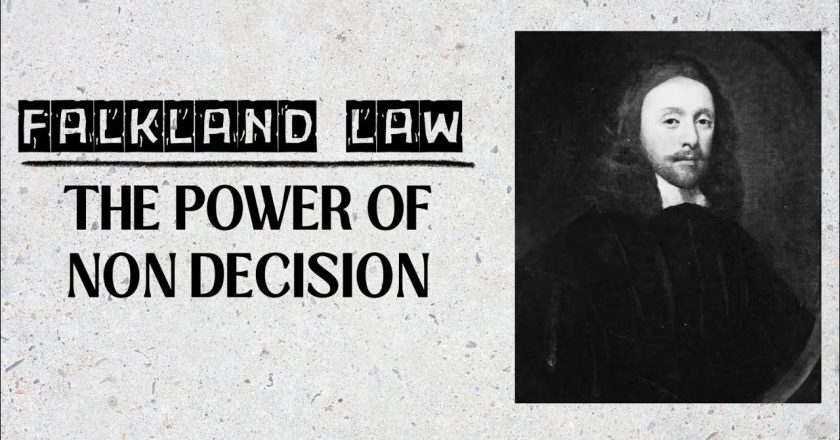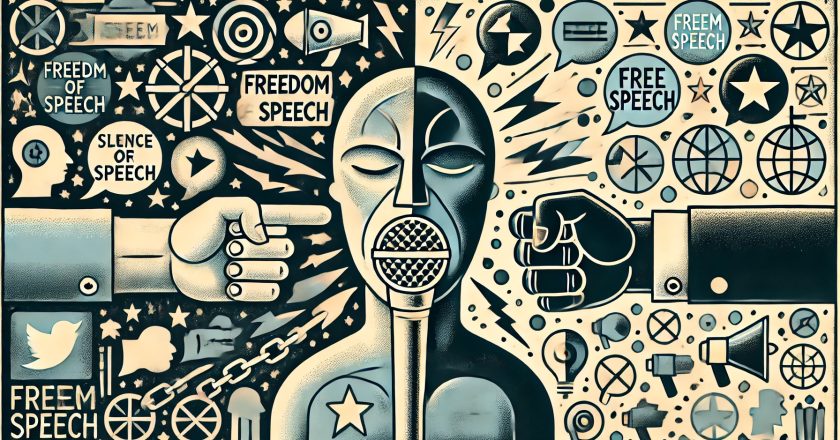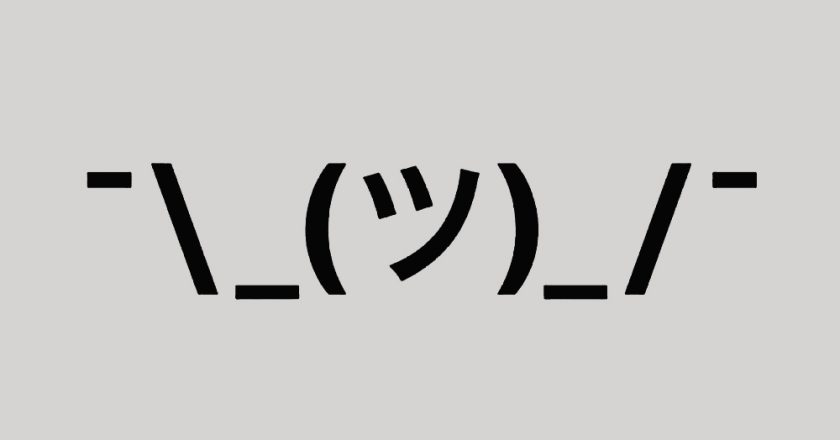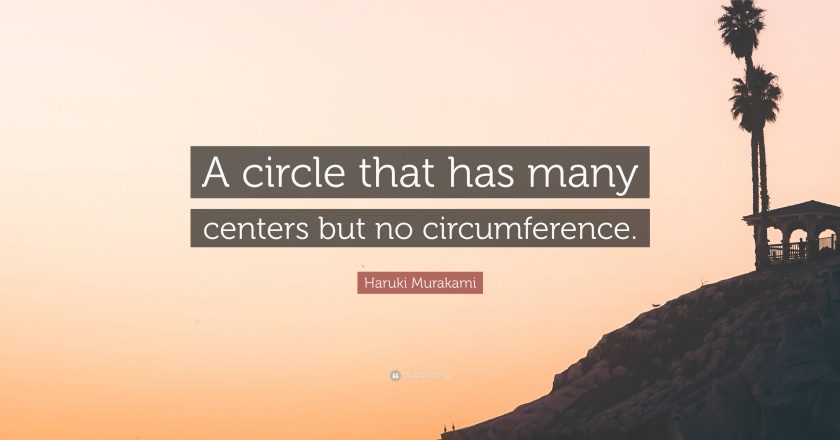The Value Paradox: Understanding the Concept and Its Implications
The Value Paradox is a fascinating economic and philosophical concept that has puzzled thinkers for centuries. At its core, the paradox questions why certain items that are essential for survival, such as water, are typically cheap, while non-essential items, like diamonds, are extremely valuable. This paradox challenges our understanding of value and highlights the complex relationship between utility, scarcity, and price. (more…)










